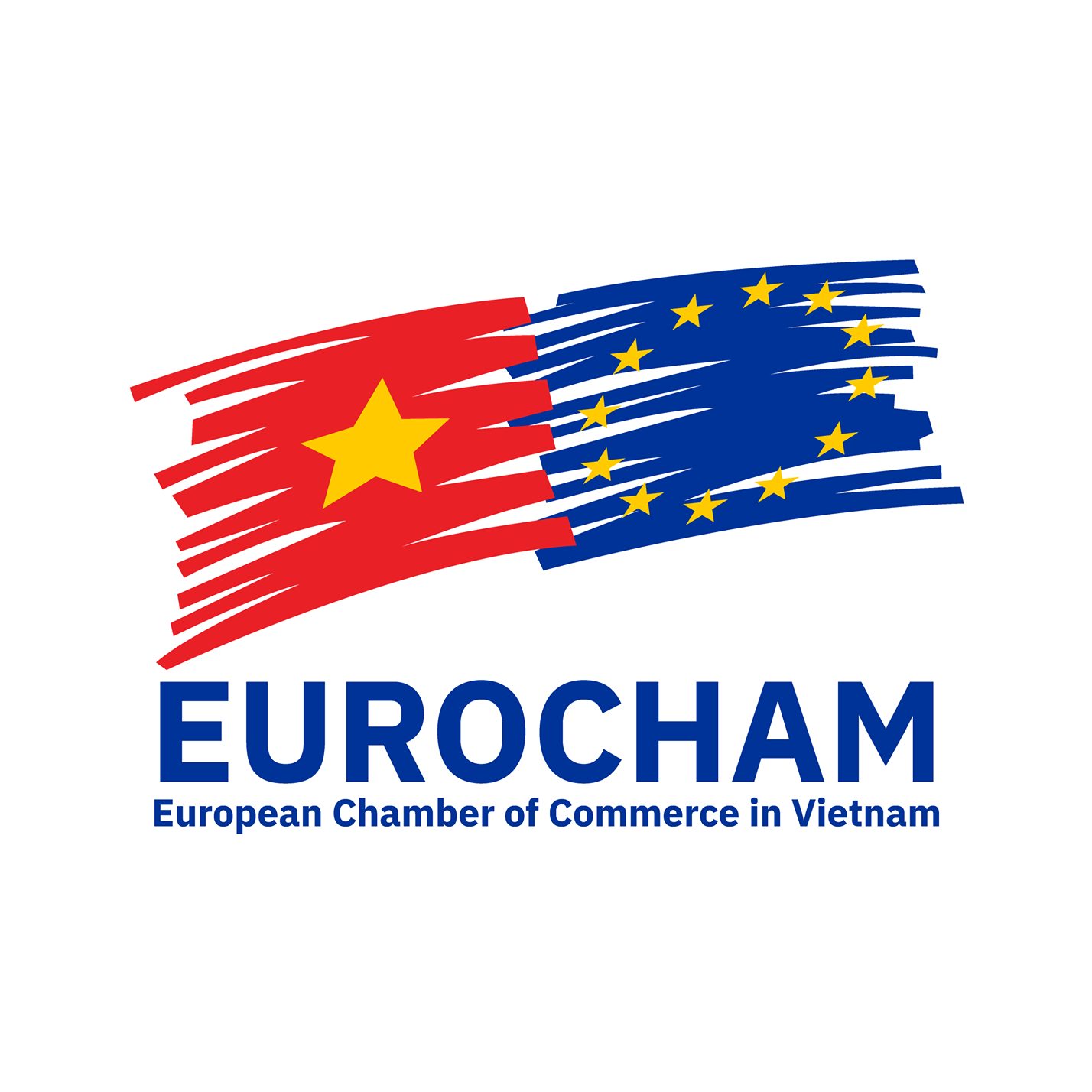
In the evolving Chinese coffee landscape, understanding the evolving habits and needs of consumers is paramount. Recent research indicates that convenience and accessibility have emerged as key drivers, with a growing preference for on-demand delivery and seamless omnichannel experiences. Chinese coffee drinkers increasingly seek out personalized options that cater to their busy lifestyles, whether it's customizable beverages or the ability to order from their preferred channels. Additionally, there is a rising emphasis on quality and the coffee-drinking experience, as consumers seek out premium products and immersive retail environments. As the market continues to expand, coffee brands that can effectively address these evolving consumer demands are poised to capture a greater share of the rapidly growing Chinese coffee market.
>> Vietnam to China Coffee Export Journeys with VICO Logistics
Functional and Social Drivers of Domestic Coffee Consumption
According to research by DATA100, domestic consumers' primary motivations for drinking coffee are functional - 83% seek its energizing effects and to alleviate fatigue, while 68% view it as a way to relax and relieve stress. 37% also see coffee as a means for leisure and social activities, while 13% consider it a symbol of personal taste. However, consumer awareness of coffee's nutritional aspects could be stronger, with a smaller proportion drinking it for health reasons. Additionally, only 18% of domestic coffee consumers view it as a lifestyle habit, suggesting significant room for growth in China's per capita coffee consumption and overall market expansion. This indicates that while Chinese consumers currently prioritize the functional benefits of coffee, there is still potential to cultivate it as an integrated lifestyle element and promote greater appreciation for coffee's health properties. Addressing these evolving consumer preferences will be key to driving sustainable growth in China's burgeoning coffee industry.
Frequent Coffee Consumption with Potential for Gen Z Growth
Domestic coffee consumption patterns show that 42% of consumers drink 3-6 cups per week, while 33% have more than 1 cup per day. However, the younger generation aged 20-24 exhibits lower coffee consumption habits compared to those over 25, indicating significant room for growth in this demographic. As China's coffee culture continues to develop, effectively cultivating the consumption preferences of younger consumers will be crucial to driving future market expansion and increasing per capita coffee intake across the country.
Diversifying Consumption Contexts of Domestic Coffee
The primary settings for domestic coffee consumption are the office (74%), home (65%), and leisure/entertainment venues (64%). However, coffee drinking is also gradually penetrating other scenarios, such as study/learning environments and during business travel. This diversification of consumption contexts reflects the growing integration of coffee into various aspects of Chinese consumers' daily lives, beyond just the traditional home and work settings. As coffee culture continues to evolve, understanding these shifting consumption patterns and preferences across different environments will be crucial for brands to effectively cater to the evolving needs of the market.
Convenient Delivery Options Fueling Growth
As China's coffee consumption patterns continue to diversify, the availability of convenient delivery services has emerged as a key factor driving market expansion. With 74% of coffee consumed in office settings and 65% at home, efficient logistics support has enabled consumers to easily access their favorite brews across various contexts. Leading coffee brands like Starbucks and Luckin Coffee have invested heavily in expanding their delivery networks, partnering with major ride-hailing and e-commerce platforms to provide seamless click-and-collect or on-demand services. This has significantly improved the accessibility and appeal of freshly brewed coffee, catering to the busy lifestyles of modern Chinese consumers. Going forward, the ability of coffee brands to optimize their last-mile delivery capabilities will be crucial in capturing a larger share of the market and solidifying their competitive positions.
Step-by-Step Procedure
The required documents for the HS Code 0901110000 (Unroasted coffee, not decaffeinated) include a Certificate of Origin, Phytosanitary Certificate, Ingredient Test Report, and Shipper's Registration in China. The applicable taxes are 13% VAT and 0% import duty. The procedure involves shipment from Vietnam, issuance of the necessary certificates, customs clearance, tax payment, inspection, release, delivery, and the issuance of a Domestic Health Certificate. This process ensures the proper documentation and compliance with the relevant regulations for importing unroasted, non-decaffeinated coffee into the destination market.
How VICO Logistics helps
VICO Logistics, a specialized logistics provider, plays a pivotal role in facilitating the growth of imports and exports. Through its extensive capabilities, VICO Logistics empowers coffee businesses to navigate the complexities of cross-border trade and capitalize on the burgeoning opportunities in China. VICO Logistics boasts an extensive and flexible transportation network across the Indochina region, with strategic office coverage. By leveraging its operational expertise, VICO Logistics ensures seamless delivery, minimized risks, and heightened effectiveness in reaching the Chinese market.
The professional team at VICO Logistics possesses a deep knowledge of the Chinese market, providing comprehensive consultancy and support to coffee export businesses. This includes guidance on customs procedures, taxation, documentation, and regulatory compliance, enabling Vietnamese coffee exporters to navigate the complexities of the Chinese market with confidence. By delivering tailored logistics solutions, market insights, and strategic partnerships, VICO Logistics plays a pivotal role in empowering Vietnamese coffee exporters to capitalize on the growth opportunities in China's burgeoning coffee market.
---------
VICO LOGISTICS – Indochina Logistics Expert
Premium member of Eurocham, JCtrans, VLA, VCCI,... associations
Owned offices: Hong Kong (headquarters), China (Shenzhen, Shanghai), Vietnam (Ho Chi Minh, Da Nang, Hai Phong).
Follow us for more valuable information
Book now: https://vico.com.hk/#quotation
Contact us: mkt4_hcm@vico.com.hk (For business development)






